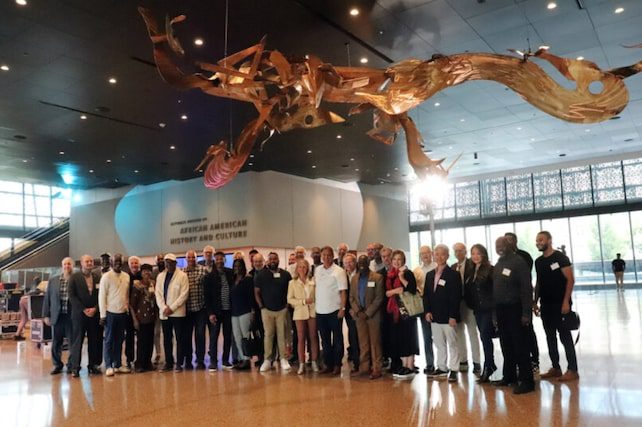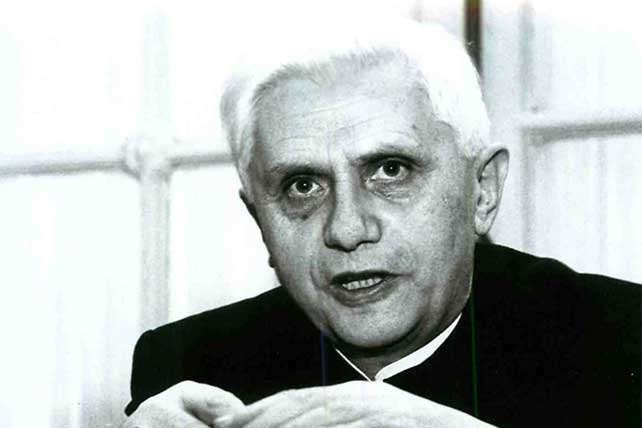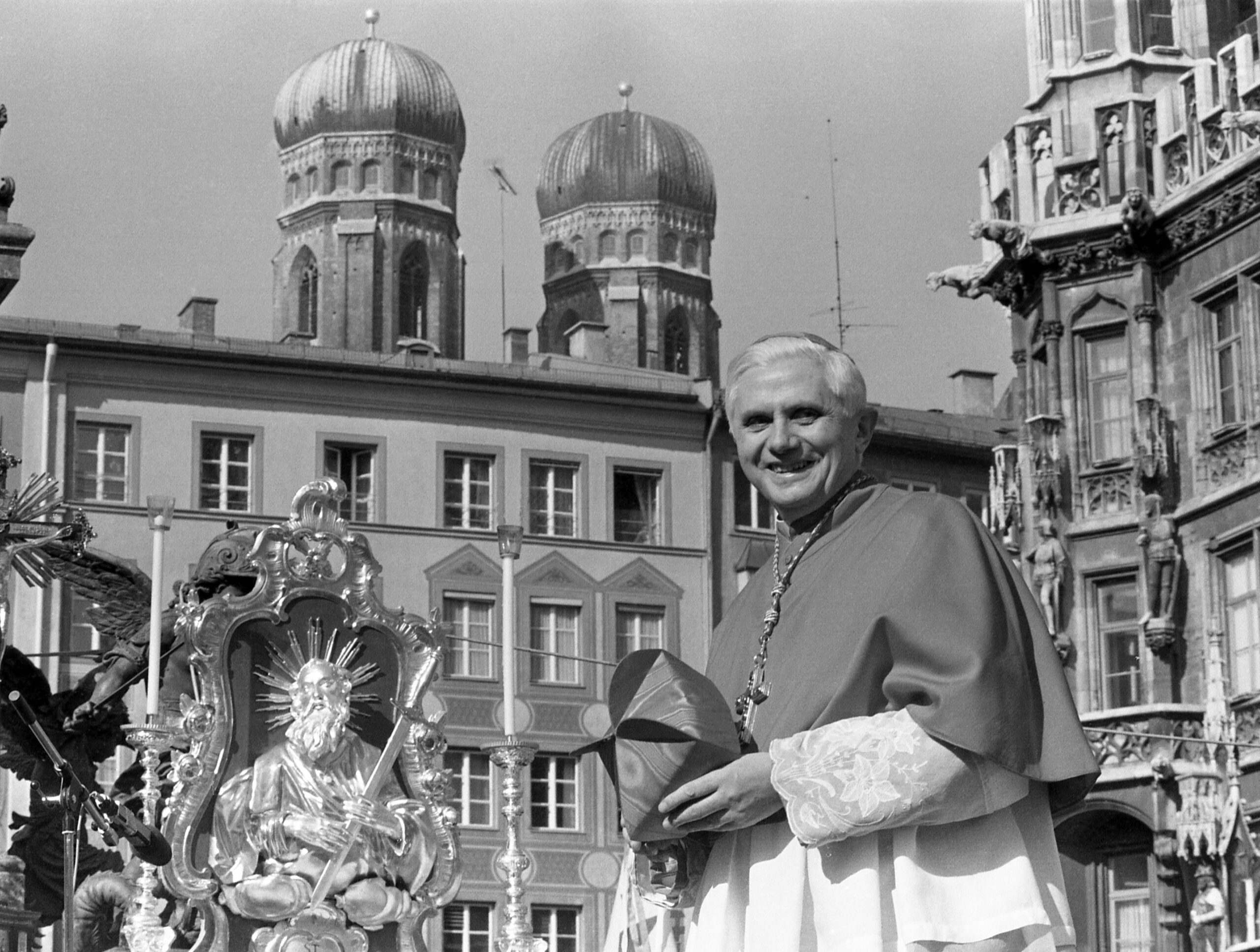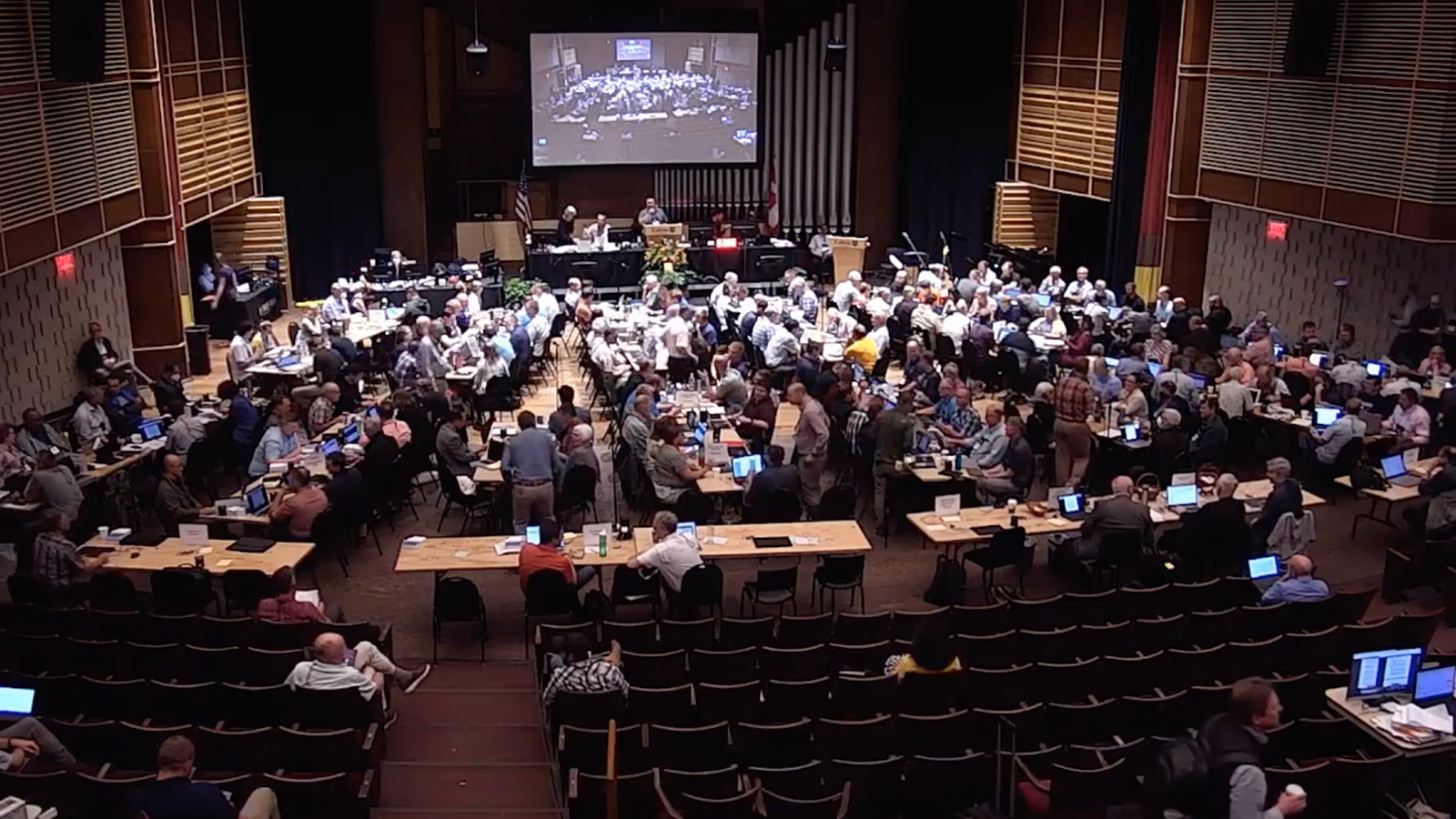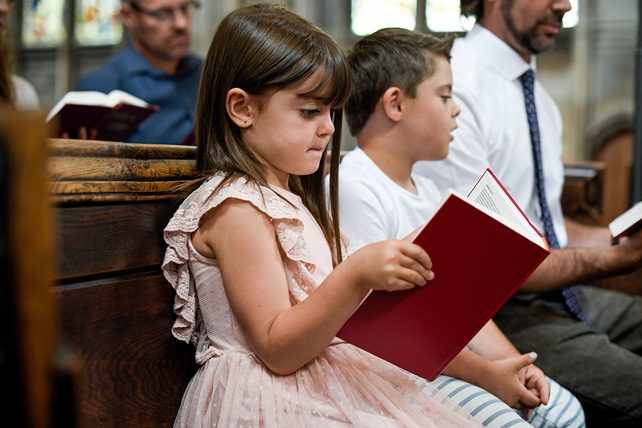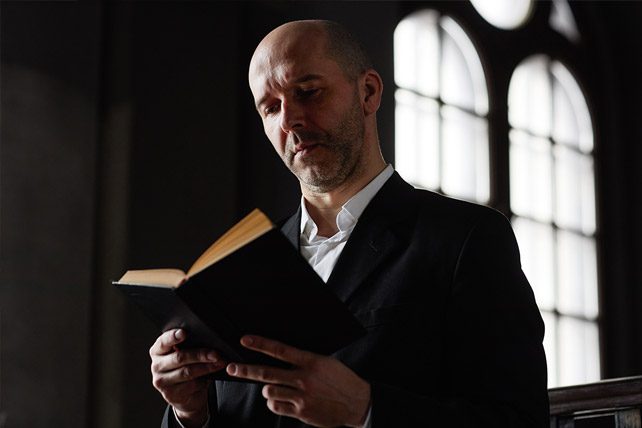If you grew up in the ‘80s and ‘90s as I did, you’re familiar with the idea of mixtapes.
Mixtapes were a way of creating a compilation of music onto one source that played in any Walkman, car stereo, or boombox. To us back then, mixtapes are what playlists are to us today except with about 100 times the effort. If you liked a girl and wanted to give her some music that expressed your deepest feelings, you may have created a mixtape full of Amy Grant songs, maybe a little Backstreet Boys, and some Alanis Morissette. Or, was that just me?
The effort to create a mixtape was a real labor of love. You had to have a duel cassette player that could play the tapes you wanted to record on one side of the player while the blank tape—or reused tape from your last girlfriend—was queued to record on the other side. You had to push play and record at the same time, at just the right time, and stop it dead on when the track was over. By the time you created this dinosaur version of a playlist, it was a few hours of work putting the thing together. Now, do you see why this was such a token of love?
It was not uncommon, in the ‘80s and ‘90s, to be driving down the highway or any sideroad and see the insides of a cassette tape strewn all over. The black, thin, shiny film would catch on the nearby weeds or median for dozens of feet. It was as if that discarded, ruined tape let you know someone’s heart was broken. Another cassette full of music—likely a mixtape—was gutted out and left for dead. Those songs were long gone, just like that couple’s love.
If you’re wondering if I ever drove down the road with the window down unrolling the cassette film with every passing mile marker…you are correct, I did. Destroying a mixtape from a past crush had a sense of finality to it that allowed my healing to begin.
Recording Over the Negative Tracks
If only getting rid of annoying, repeated thoughts was that easy. If only we could get the anxious thoughts plaguing our minds to go away, then maybe our anxiety would stop rearing its restless head. My wife has dealt with her struggles of nagging thoughts that bring about anxiety. I’ve watched her, through tears, say she wishes the thoughts she keeps having would stop so she could go on with normal life. Getting our brain to stop playing certain negative tracks in our mind feels like someone created an awful mixtape of our worst feelings and thoughts, jammed them in the stereo of our mind, cranked the volume to 11, and snapped off all the control buttons. You can’t turn them down or stop hearing the negative tracks if your life depended on it.
The truth is, you can’t stop some of these ‘tracks’ on your own. You have to welcome the power of God to record over these tracks with healthy, fulfilling tracks of love, compassion, grace, and beauty. The Bible implores us to “Take every thought captive to obey Christ.” (2 Corinthians 10:5) We can only do this by the power of Christ dwelling in us. My mind must be renewed for my motives to be rewired and my actions to change. I have to “put on” Christ, Paul writes in Romans 13:14, to stop the gratifying desires of my flesh that drive me to sin and emotional suffering.
“Do not be conformed to this world, but be transformed by the renewal of your mind, that by testing you may discern what is the will of God, what is good and acceptable and perfect.” (Romans 12:2) Without a doubt, my anxious, worried, fearful thoughts are not “acceptable and perfect”—not by my standards or God’s. Renewing my thinking means I must record over the lies—the negative ‘tracks’—I currently believe with the truth God gives me through His Son, His Word, and His Spirit. When Paul says, “Be renewed in the spirit of your minds” (Ephesians 4:23), He is commanding and promising that our tracks can be recorded over with new thinking that changes our lives.
More than Cognitive Behavior Therapy (CBT)
Many trained counselors, or even simply well-meaning people in our culture and even some churches, will tell us to “Think happy thoughts” and get away from what is bringing us down. This strategy is formally called “Cognitive Behavior Therapy (CBT).” It is a form of psychological treatment that some claim is effective for bringing about change in someone’s life who is facing depression, anxiety, and grief, as well as situational sadness and overwhelming circumstances. CBT will challenge a person to stop looking at the past and start focusing on their present problems. The goal of CBT is to change feelings and behaviors by thinking better about life’s situations and circumstances. CBT identifies negative thoughts and attempts to replace them with positive thoughts.
While positive thinking may cause a temporary change in emotion and behavior, it does not provide long-term, lasting results. There are minimal side effects to this method of taking care of our problems other than the massive drawback of someone experiencing failure time and again. Our hope is to find a way not to keep falling into the same hole but eventually crawl out of it.
While CBT can look similar to biblical Christianity, let me be clear: CBT is not the same as biblical transformation through the only true change agent, our Savior Jesus Christ, and the power of the Gospel. While the Bible teaches the power of renewing our minds, we do so rooted, not in mere positivity, but biblical truth. (Romans 12:1–12; Ephesians 4:22–24; Colossians 3:1–10) The Bible tells us that biblical thinking will impact our feelings and actions. (John 13:17; James 1:25; Proverbs 29:18) The goal of our thinking is to please God first. Ephesians 5:10 says, “Try and discern what is pleasing to the Lord.” When I change my thinking for Him, His Spirit will give me the power to either change my feelings or perspective. We must recognize that the power of the mind is more than what we think. It forms what we believe in faith and hold as true.
Recording New Tracks for Our Mind to Play
Paul’s encouragement to the Philippians was necessary because they were experiencing suffering for their faith. Their suffering caused them to be anxious, but they were refusing to let the lies of the enemy win. That is why Paul said to them, “I hear that you are standing firm in one spirit, with one mind striving side by side in faith for the Gospel, and not frightened in anything by your opponents.” (Philippians 1:27–28) They are staying strong and sticking together, even when every outside force—and some inside forces—applied significant pressure to compromise or quit altogether.
Likely, the Roman government was pressuring them, and as Christianity rose, so did its unpopularity. The cultural tension would have caused anxiety for a first-century Christian who was trying not to rock the boat on the political landscape yet live out an authentic faith. There was fear of Rome overthrowing the Church and a fear of the Church conforming to Rome. The Church in Rome had to remain close and focus on something much larger than the dooming circumstances before them if they were to survive their panic of outside attack and internal turmoil. (Philippians 2:1–5)
With worry and fear staring them in the face, the Church in Philippi was encouraged to keep their mind focused on what is more excellent to avoid anxiety. Paul gave a list of descriptors of what things will refocus their minds. His admonishment was to stop the repeat tracks of doomsday background music and start listening to what would refresh, renew, and refocus them in Christ.
“Finally, brothers, whatever is true, whatever is honorable, whatever is just, whatever is pure, whatever is lovely, whatever is commendable, if there is any excellence, if there is anything worthy of praise, think about these things.” – Philippians 4:8
First, Paul said, focus on whatever is true.
Paul starts his list of new thinking by calling their attention to what is true. The word true is defined as “describing something as credible, aligning with reality, reliable, or trustworthy.” Although Paul normally associates truth with the truth about God (Romans 1:18, 25) and truth of the Gospel of Christ (Galatians 2:5, 14; 2 Corinthians 4:2; 11:10), in the context of this list of virtues he affirms whatever is true to be the only proper subject of Christian thought. Satan is the father of lies. Thinking on that which is false is to think the devil’s thoughts, not God’s thoughts.
Noble.
When I think of the word noble, I think of some British dignitary. That image is off but close. Something noble is worthy of respect and honor. It is to be taken seriously and treated properly. Paul uses this word to describe the call or standard for godly older men (Titus 2:2), deacons (1 Timothy 3:8), and women (1 Timothy 3:11).
Just.
When we think about what is just, we need to think about two expressions of justice: God’s actions toward us, and our actions of responsibility for God. ‘Just’ has to do with God’s standard of righteousness, and the outplay of His righteousness among His people (Psalm 11:7).
Pure.
In the original language, this word carries the idea that you are standing in awe of someone. This word is usually only attributed to God and communicates thinking on the holy purity of God. It has nuances of uncompromised integrity, which can only be found in God. When I dwell on what is pure, I am thinking about God’s character—all of which is perfect and holy.
Pleasing.
What pleases your eye is what brings excitement and hope, not simply amusement. A child can be amused with an insect or rainbow, but it’s the anticipation of Christmas Day or a birthday celebration where they truly delight in what they anticipate. Something pleasing is a source of joy for the downcast and is like a fragrance that fills the whole house like a batch of freshly baked chocolate chip cookies.
Commendable.
That which others look at with admiration is what we may refer to as commendable. These are the respectable things in life that others find joy and pleasure in and want to hear about or be around.
Paul lists these characteristics as the focal point for renewing our minds and giving us fighting power against anxiety. One commentator said, “Those who focus their minds on all that is true and set their minds and wills to do all that Paul has taught by word and example will experience the promise of the presence of the God of peace.” Grasping this kind of peace is the very thing that will move us from living on the defense against Satan and playing for the offense of God’s Kingdom.
Watch Out for Hypervigilance
Police officers deal with the highs and lows that come from a constant state of hypervigilance. Their job demands them to look at life through the lens of defense, always being on the alert. What may be disturbing to us can trigger an internal reaction for them.
Is that guy reaching for his wallet or a weapon?
Is that a sound I hear behind me?
Are those guys following me?
Is she trying to get away with something?
The adage “bad guys don’t wear names tags” causes cops to be on guard constantly. This is, in fact, what we expect them to do for us, but it means that they live a lifestyle of hypervigilance.
Always being on alert can be taxing. In the right context, such as being an officer on duty, it can be energizing and even fun. However, when a hypervigilant person returns to their safe place and no longer has to be on the watch out, they often crash emotionally and even physically. This biological response can express itself as laziness, being downcast, or even angry. Cops are not the only ones that experience this hypervigilance. As a pastor, I feel it often. There are environments in my life—even in the church—where I am hypervigilant. My wife will even say to our kids when I get home, “We know Daddy is home, but Daddy doesn’t know he is home yet,” because my mind is still coming down from the battle I was just in at work.
Hypervigilance may be what you are experiencing because of your racing thoughts. Your mind has you constantly on alert, and you can’t seem to calm down. When you do calm down, your emotions plummet, and you don’t feel like doing much of anything.
A hypervigilant life is no way to live. God meant for us to enjoy this world, not walk around afraid in it. Renewing our minds begins with letting go of all-consuming thoughts that keep our highs high and our lows deeper than we care to admit. When we’re hypervigilant, our body plays into this by causing our heart to race, palms to sweat, blood pressure to rise, and breathing to be shallow. When we come out of hypervigilance, we want to lay down. We can’t go on like this—it’s unhealthy for any period. By fixing our minds on what is worth our attention, we can train our outer bodies and inner souls to be still and trust God, even when fear threatens to disrupt our everyday lives.
Destroy the Negative Tracks
Here are some very practical actions you can take to get the negative tracks to stop playing in your head:
- Identify your negative tracks. You may need to write down in long-form or short-form what keeps replaying in your mind. Sometimes by writing them out and seeing them as they are can help you realize how ridiculous they are or the way they may be more imaginary than real.
- Flip to the truth. I have taken a stack of 3×5 cards and written one anxious thought on each card. On the opposite side of the card, I write down a Bible verse or a truth that counteracts that anxious thought. Then, I take time each day to flip those cards over, one by one, letting the truth sink in more than the lie. Soon I find that my thinking is renewed and rewired to the truth whenever that anxious thought arises.
- Speak them honestly. As we talked about in Chapter 4, sometimes the fresh air of faith must see the darkest thoughts in our minds. We can be brutally honest with God about what’s plaguing us. He can use our honesty as a means of transformation. There is nothing you can say to God that He doesn’t already know or that He doesn’t have the resources to address.
- Focus on what is more beautiful. As we looked at earlier, thinking about what is more lovely may help to get over the ugly thoughts that consume us. For me, this comes when I go hold a new baby, walk in the woods, sit on a highpoint and watch the sunset, or savor a beautifully crafted cappuccino. There are a billion overlooked blessings around you in your life right now that could refresh your focus. God’s common graces can provide a way for you to get your eyes off yourself and onto the goodness of God.
- Worship in spirit and truth. God made us to worship. Even my dad, who hates to sing (and frankly, is not that good at it), loves it when a room full of people raise their voices to God. My dad would drive in his 1994 Nissan Pathfinder with his Promise Keeper praise album blaring as he sang along. As a kid, I remember his sincere joy from worshiping God through some of our hardest times. On my best days and worst days, there is nothing like listening and singing to music that worships God to get my mind out of the rut it likes to lay in. When we worship in spirit and truth, the lies we believe flee, and God stirs our souls to provide comfort and clarity.
- Meditate on Christ. I remember my youth pastor saying, “Thirty seconds of thinking about Christ will cure the worst day and the strongest temptation.” He was right. Simply stopping and thinking about Jesus Christ, His character, His grace, the cross, and His resurrection—these are the most beautiful things to fill our minds. A few seconds of thinking about Christ or reading Scripture about Him has a way of affecting the rest of my day.
Now is the time to roll down the window of your soul and let that mixtape of negative tracks unwind in the wind of God’s truth. It’s time you break up with those thoughts and keep your gaze firmly fixed on the author and perfecter of our faith, Jesus Christ. (Hebrews 12:2)
This article originally appeared here.








